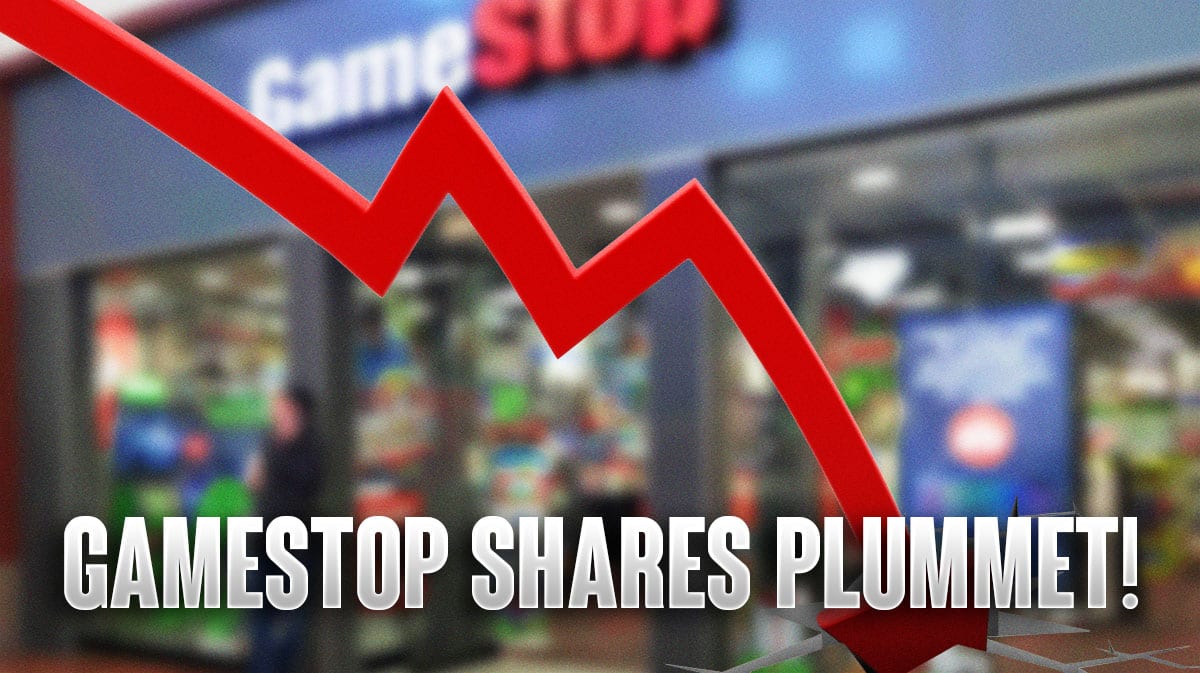
“Roaring Kitty”, also known as Keith Gill, triggered a dramatic fluctuation in GameStop's stock this week. After a three-year hiatus, his return to the social media platform X (formerly Twitter) reignited massive trading among retail investors. Initially, GameStop shares soared over 130% but then plunged 33%, closing at $32.44 on Wednesday.
The rollercoaster began with Gill's historic $53,000 investment in GameStop, which had previously ballooned into millions, catalyzing a major stock rally during the 2021 meme-stock frenzy. His latest social media activity sparked a similar surge, followed by a sharp downturn.
Roaring Kitty's Influence Drives GameStop Surge And Subsequent Plunge
Gill's influence remains potent, demonstrated by the significant surge following his latest social media post. The volatility of the stock became apparent with multiple trading halts. Investors exchanged over $2.3 billion in GameStop shares, reminiscent of the earlier frenzy.
However, the excitement was fleeting. A subsequent 30% drop erased much of the gains from the surge. This sharp decline highlights the risks of investing in meme stocks, known for their rapid and high volatility.
Wednesday's sharp drop serves as a stark reminder of the risks with meme stocks like GameStop. While these stocks offer the potential for rapid gains, they demand cautious investment strategies and a deep understanding of market dynamics. Recent market movements reveal that the lure of quick profits is often more complex and fraught with potential pitfalls.
The impact of meme stocks on the market continues to spark intense interest and debate. Analysts are closely watching figures like Roaring Kitty, whose actions can lead to widespread market fluctuations. This situation underscores a shift in market dynamics where retail investors, powered by social media, can significantly influence stock values.
GameStop's Turbulent Journey: Navigating the Uncertainties of Meme Stocks
As the dust settles on this episode of GameStop's market drama, investors and analysts are reassessing the role of meme stocks in their portfolios. Opinions are mixed, with some seeing opportunities for quick gains while others warn of the associated volatility. This divide highlights ongoing debates over the sustainability and ethical implications of meme-stock trading.
Following GameStop's recent downturn, the financial industry faces ongoing challenges posed by meme stocks. These include managing market stability and aligning investor expectations in an era dominated by rapid information flow and the influence of a few key figures.
Questions linger about the future role of meme stocks. Will they remain market drivers, or diminish as traders and regulators adjust to new realities? Only time will tell, but currently, GameStop symbolizes the volatile, unpredictable, yet thrilling nature of today's stock market.
Looking forward, the key for investors is to navigate these turbulent waters with a balanced approach. Recognizing both the opportunities and risks associated with meme stocks is crucial. Such a strategy is essential for those looking to leverage market trends without falling prey to swift downturns that can quickly negate gains.
For more gaming news, visit ClutchPoints Gaming
#GameStop #Shares #Plunge #Meme #Stock #Craze #Cools



